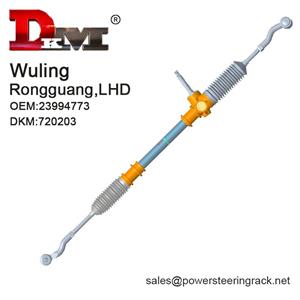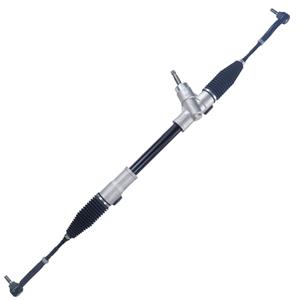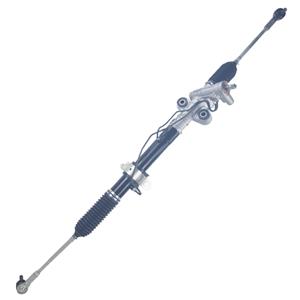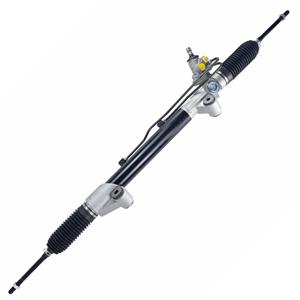What are the consequences of overfilling or underfilling the car's power steering fluid?
The power steering system is an indispensable part of modern cars. It helps the driver easily turn the steering wheel through hydraulic power assistance, which is especially important when driving at low speeds or parking. The power steering system relies on hydraulic oil (i.e. power steering fluid) to maintain normal operation. This fluid not only lubricates the metal parts inside the system, but also plays multiple roles such as maintaining hydraulic pressure, reducing component wear, and absorbing heat. However, when filling the power steering fluid, overfilling or underfilling will have a negative impact on the car's steering system.
This article will explore in detail the possible consequences of these two incorrect operations and the harm they cause to the vehicle's steering performance, safety and long-term reliability.
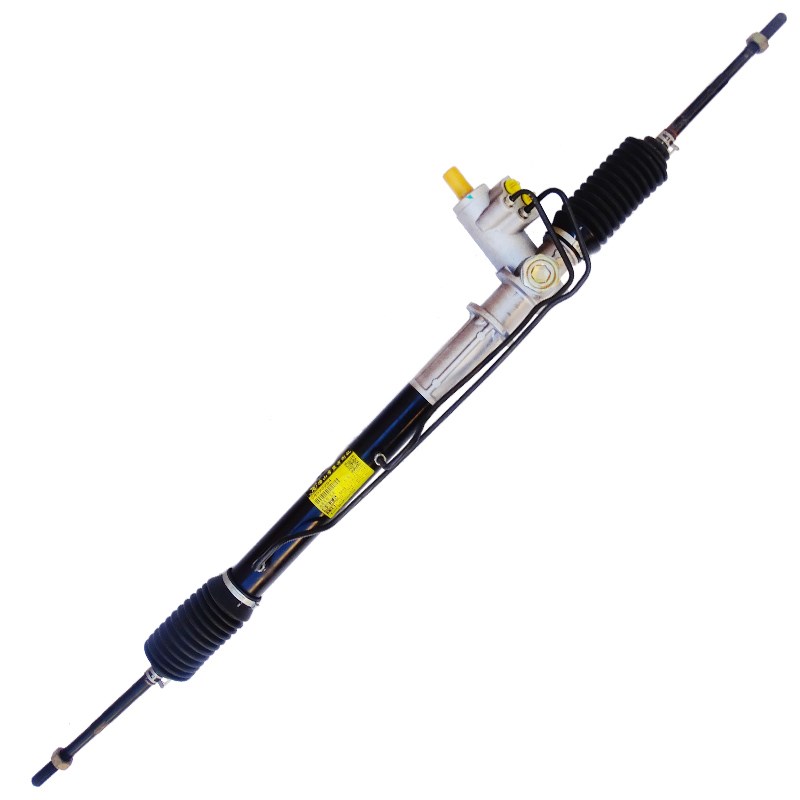
What is the role of power steering fluid?
Before understanding the effects of overfilling or underfilling, we first need to clarify the role of power steering fluid in the system. Power steering fluid is the key medium for transmitting hydraulic pressure in the steering system. It helps drive the steering power pump and transmits pressure to the steering rack through the hydraulic pipeline, making the vehicle's steering lighter and more sensitive.
Specifically, the main functions of power steering fluid are:
1. Hydraulic power assist: pressure is generated through the hydraulic pump to make the operation of the steering wheel easier.
2. Lubrication: reduce friction between metal parts inside the steering system to prevent wear and damage.
3. Anti-corrosion: additives in power steering fluid can prevent rust and corrosion of internal parts of the system and extend the life of components.
4. Temperature regulation: the fluid can help absorb and dissipate heat in the system to prevent overheating.
Therefore, the correct use of power steering fluid is essential to the normal operation of the system. Any incorrect fluid level will directly or indirectly affect the performance of these functions, and thus affect driving safety.
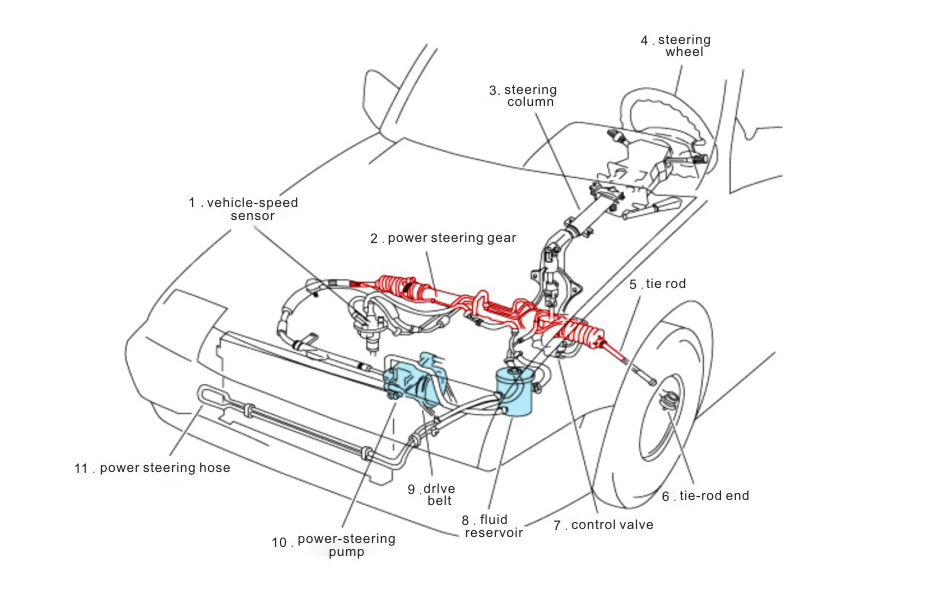
What are the consequences of overfilling power steering fluid?
Overfilling power steering fluid means that the fluid added to the system's oil tank exceeds the upper limit of the fluid level specified by the manufacturer. Although many people think that "adding more fluid is better than not enough", in the power steering system, excessive fluid can cause a series of problems and even cause system damage.
Fluid overflow
When the power steering fluid is overfilled, the pressure generated by the system when it is running can cause the fluid to overflow. Power steering systems generate heat when they are working, and as the temperature rises, the fluid will also expand. If the fluid in the oil tank exceeds the specified maximum capacity, it is very likely that the fluid will overflow from the oil tank under high temperatures or violent driving. This situation will not only stain the engine compartment, but may also cause other problems.
The overflowing fluid will accumulate on other components in the engine compartment, causing them to corrode or wear. In addition, the excess fluid may drip on belts, tires or other moving parts, causing slippage and wear, increasing the safety risks of the vehicle.
Excessive hydraulic pressure
Excessive fluid capacity in the power steering system will cause increased hydraulic pressure. The various components of the power steering system, especially the hydraulic pump and hydraulic hoses, are designed to withstand pressures within a specific range. When the pressure is too high, the pump and hose will be subjected to pressures beyond the design limit, causing excessive wear or bursting.
Excessive pressure can also cause damage to seals. The power steering system relies on multiple seals to keep the fluid and pressure from leaking, but when the system pressure increases, these seals may not be able to withstand it, and eventually lead to seal failure. The leaking fluid will further damage system components and lead to greater repair costs.
Causes system noise
If there is too much fluid in the hydraulic system during operation, abnormal noise may be generated due to the reduced efficiency of the hydraulic pump. Hydraulic pumps are designed with specific fluid levels and pressure ranges in mind, and excessive fluid will increase the load on the pump, causing the pump to make additional noise when it is in operation. This noise not only makes the driving experience uncomfortable, but can also be a sign of potential damage.
Affects the heat dissipation of the system
The power steering system generates heat when it is working, and the circulation of fluid can help dissipate the heat. However, when there is too much fluid in the system, the expansion of the fluid may affect its normal flow in the oil pot and pipes, thereby reducing the heat dissipation effect. Poor heat dissipation can cause damage to the hydraulic pump and other components due to overheating, shortening the life of the system.
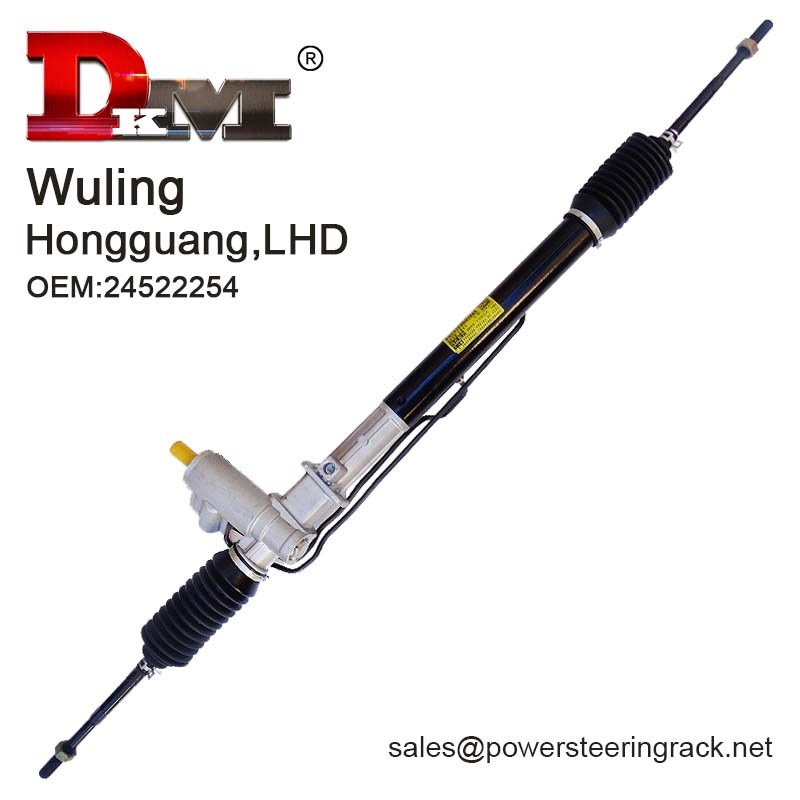
What are the consequences of insufficient power steering fluid?
Insufficient power steering fluid can also cause serious problems for the system. The role of power steering fluid is to maintain hydraulic pressure within the system and provide lubrication and protection. If there is insufficient fluid, these functions will not work properly, directly affecting the operation of the system.
Insufficient hydraulic pressure
The power steering system relies on hydraulic pressure to provide power assistance. When the fluid is insufficient, the system cannot generate enough pressure, causing the steering wheel to become heavy or lose power. Insufficient hydraulic pressure usually causes the driver to use more force when steering, which is particularly noticeable when driving at low speeds or parking. This situation not only increases the burden on the driver, but also affects driving safety.
Abnormal noise in the steering system
When the hydraulic fluid level is too low, the power steering pump may produce abnormal noise due to lack of sufficient fluid lubrication. This noise usually manifests as a sharp hum or squeak, especially when turning the steering wheel. This is because the hydraulic pump operates without sufficient fluid, and the friction of the internal metal parts increases, causing noise and potential wear.
In addition, insufficient fluid may also cause air to enter the hydraulic system, resulting in bubbles. These bubbles will burst when the fluid flows, further increasing the noise of the system and reducing the efficiency of the hydraulic pump.
System overheating
Insufficient fluid not only causes a drop in hydraulic pressure, but also affects the system's ability to dissipate heat. In addition to providing power and lubrication, power steering fluid can also help dissipate heat. When the fluid level is insufficient, the fluid cannot circulate effectively, and the heat of the system is difficult to dissipate, which may cause the power steering pump and other components to overheat.
Long periods of overheating can cause accelerated wear of system components and even pump failure. Overheating can also cause additives in the fluid to decompose, further affecting the performance of the fluid and the life of the system.
Accelerated Component Wear
Power steering fluid acts as a lubricant in the system to prevent direct friction between metal parts. If the fluid level is too low, the lubrication effect will be greatly reduced, causing direct contact and wear of metal parts inside the system. In particular, core components such as the power steering pump and steering rack will wear rapidly without fluid lubrication, eventually causing the entire system to fail.
System wear not only leads to reduced steering performance, but also increases the cost and time of repairs. Compared with other systems, the cost of repairing or replacing components in the power steering system is higher, so component wear caused by insufficient fluid level may cause greater economic losses.
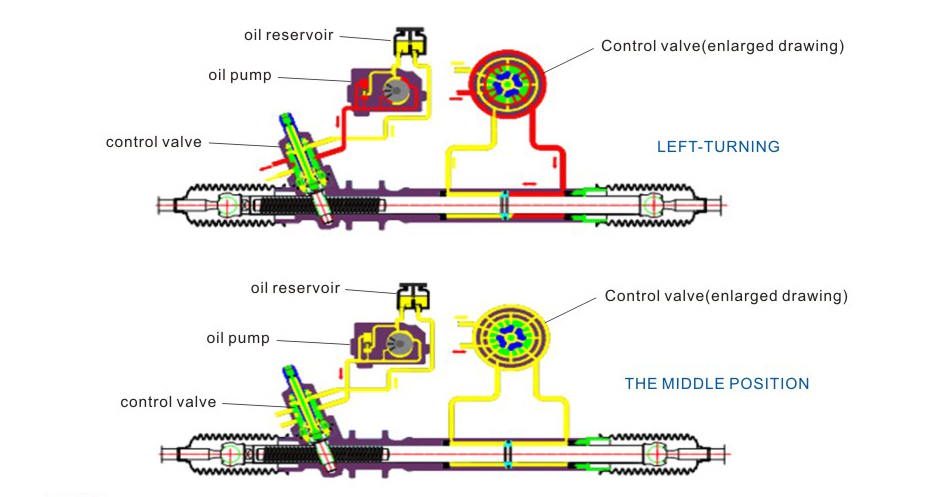
How to avoid overfilling or underfilling power steering fluid?
To avoid problems caused by excessive or insufficient power steering fluid, car owners need to check the fluid level regularly and fill it correctly when necessary. Here are some suggestions to prevent fluid level problems:
Check the fluid level regularly
Car owners should check the power steering fluid level regularly to ensure that it is within the manufacturer's specified range. Most cars have clear level markings (such as "MIN" and "MAX") on the power steering fluid tank, which can be used to determine whether the fluid level is normal. When checking the fluid level, the vehicle should be in a cool state to ensure accurate measurement.
Proper filling
When it is necessary to add power steering fluid, the owner should use the appropriate specifications of fluid according to the manufacturer's recommendations. When filling, be sure to avoid overfilling and ensure that the fluid level is within the specified range. Overfilling or underfilling can cause damage to the system, so correct filling operations are essential.
Monitor system abnormal performance
If the steering wheel becomes heavier, the steering system makes noise, or other abnormal phenomena are found, the owner should check the power steering fluid level in time. If the fluid level is too low, it means that there may be a leak or other problem in the system, which needs to be dealt with as soon as possible.
Regularly maintain the system
Regularly maintaining the power steering system can prevent many potential problems. In addition to checking the fluid level, the owner should also pay attention to the condition of the fluid. If the fluid is found to be deteriorating, emulsified, or abnormal in color, it may be necessary to replace the fluid or perform system maintenance.
For over two decades, DKM has been a key player in the automotive parts industry, manufacturing reliable power steering systems for global buyers. Our gear rack steering systems are designed for vehicles from popular brands such as Toyota, Honda, and Mitsubishi. We offer wholesale options, low prices, and custom solutions to meet the needs of distributors and OEMs worldwide. Contact us today for competitive quotes and benefit from DKM’s expertise and dedication to quality.

